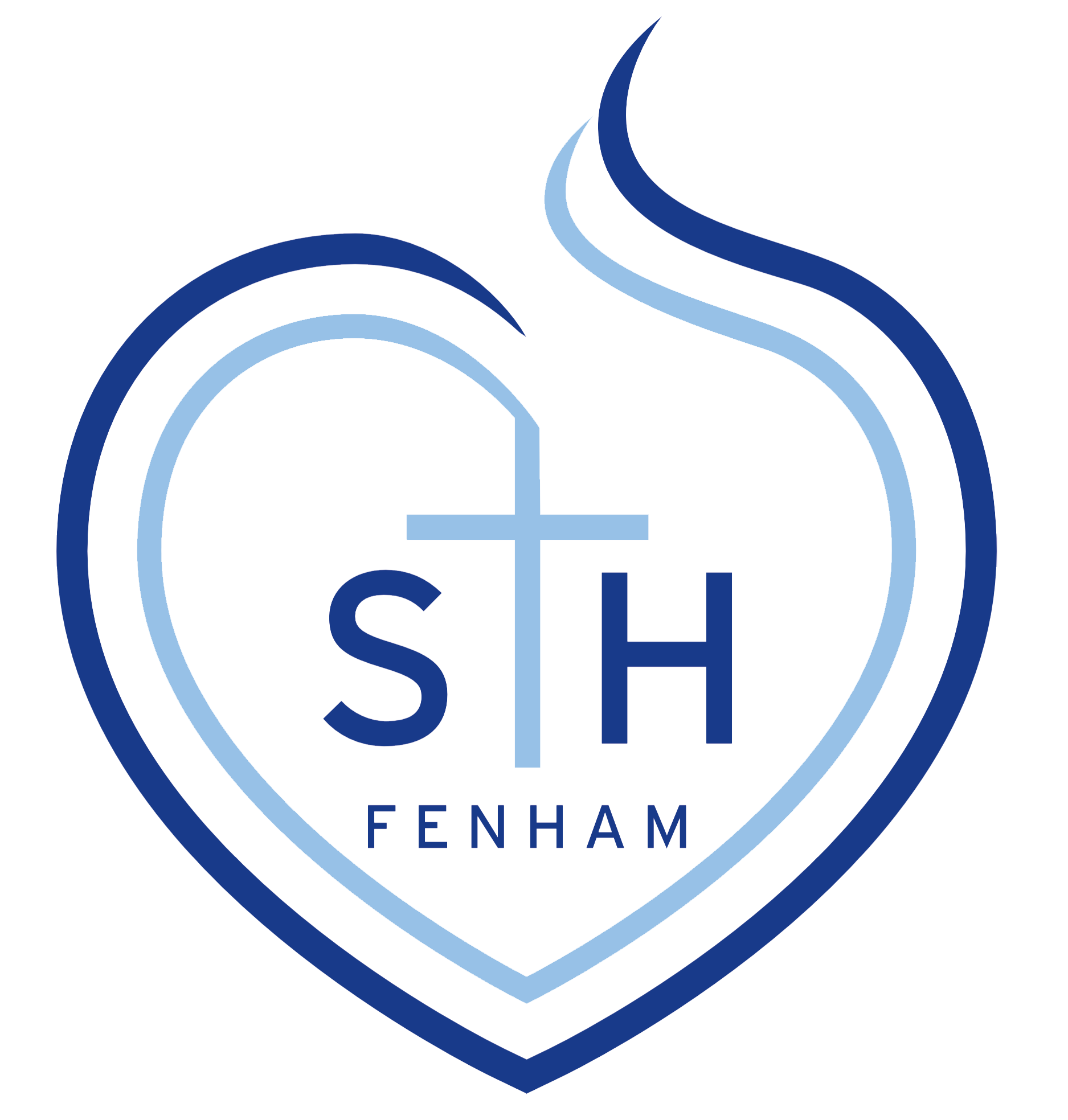"Courage & Confidence" | St Madeleine Sophie Barat
Founded in 1905 by the Sacred Heart Society

CURRICULUM:
MUSIC
DEPARTMENT STAFF
HEAD OF DEPARTMENT:
MR T OATES
Teaching Staff: Mr J Cornish
KEY STAGE 3
Year 7 Topics
Introduction to the Elements of Music
Keyboard Skills
Classical Music: AABA Form
Folk Music of the North East
Performance Project: The Beatles
Year 8 Topics
American Roots Music
Composing Christmas Songs
Musical Theatre
Introduction to Music Technology
Musical Structures and Rondo Form
Year 9 Topics
Developing Music Notation Technology
Twentieth Century Music: Composing Film Music
'Just Play': Arrangements and Cover Versions
Final Project: Song Writing
PERIPATETIC MUSIC LESSONS:
Please contact Mr Oates for details if you are interested in these lessons.
KEY STAGE 4
GCSE Music:
Component 1: Understanding music (40%)
There are four areas of study that provide an appropriate focus for students to appraise, develop and demonstrate an in-depth knowledge and understanding of musical elements, musical context and musical language.
1. Western classical tradition 1650–1910
2. Popular music
3. Traditional music
4. Western classical tradition since 1910.
What's assessed:
Listening
Contextual understanding
How it's assessed:
Exam paper with listening exercises and written questions using excerpts of music.
Component 2: Performing Music (30%)
Students must be able to perform live music using one or both of the following ways:
instrumental/vocal
production via technology
One performance must be as a soloist and one piece must be as part of an ensemble lasting a combined minimum of four minutes. The performance as part of an ensemble must last for a minimum of one minute.
Repertoire will be determined by the student and teacher. It need not reference an area of study and can be in any chosen style or genre.
What's assessed:
Music Performance
How it's assessed:
Recordings of student performances are marked by teachers and moderated by the examination board as follows:
Performance 1: Solo performance
Performance 2: Ensemble performance
Component 3: Composing Music (30%)
Students must learn how to develop musical ideas, including extending and manipulating musical ideas, and compose music that is musically convincing through two compositions. One must be in response to an externally set brief (Composition 1) and the other a free composition (Composition 2).
The combined duration of the compositions must be a minimum of three minutes.
Compositions can be composed in any style or genre to best reflect the skills, strengths and interests of the individual students.
Both compositions must be assessed on the student’s ability to demonstrate:
Creative and effective selection and use of musical elements.
Appropriate selection and use of musical elements (to the compositional intention).
Technical and expressive control in the use of musical elements.
What's assessed:
Composition Skills
How it's assessed:
Recordings of student performances are marked and moderated by the examination board as follows:
Composition 1: Composition to a brief (36 marks)
Composition 2: Free composition (36 marks).
Year 10
Solo Performance Skills
Ensemble Performance Skills
Technology Skills
Western Classical Tradition 1650-1910
Popular Music
Compositional Starting Points
Year 11
Western Classical Tradition since 1910
Traditional Music
Essay writing and analysis skills
Solo Performance Skills and Assessment
Ensemble Performance Skills and Assessment
Unit 3 Compositions
Strands and AoS Revision and Listening Examination
KEY STAGE 5
A Level Music (AQA)
40% Appraising Music (Written Examination), 35% Performance Coursework, 25% Composition Coursework.
Performance Skills (solo, ensemble and technology based)
Compositional Techniques and Styles
Harmony and Counterpoint
Musical analysis and score reading / Listening to and appraising music (variety of genres):
Western classical tradition 1650–1910 (compulsory): Baroque (the solo concerto), Classical (the operas of Mozart), Romantic (the piano music of Chopin, Brahms and Grieg).
Pop music: Stevie Wonder, Joni Mitchell, Muse, Beyoncé, Daft Punk, Labrinth.
Music for media: Bernard Herrmann, Hans Zimmer, Michael Giacchino, Thomas Newman, Nobuo Uematsu.
Music for theatre: Kurt Weill, Richard Rodgers, Stephen Sondheim, Claude-Michel Schönberg, Jason Robert Brown.
Jazz: Louis Armstrong, Duke Ellington, Charlie Parker, Miles Davis, Pat Metheny, Gwilym Simcock.
Contemporary traditional music: Astor Piazzolla, Toumani Diabaté, Anoushka Shankar, Mariza, Bellowhead.
Art music since 1910: Dmitri Shostakovich, Olivier Messiaen, Steve Reich, James MacMillan.
